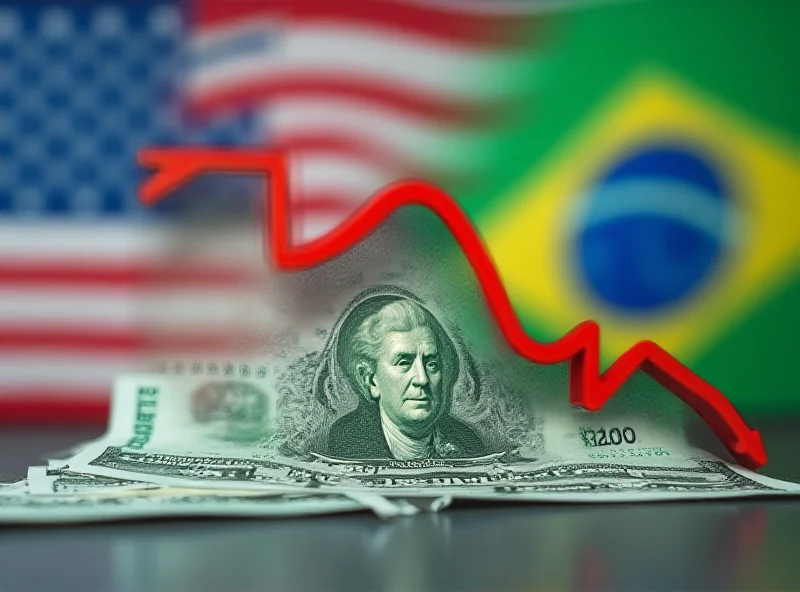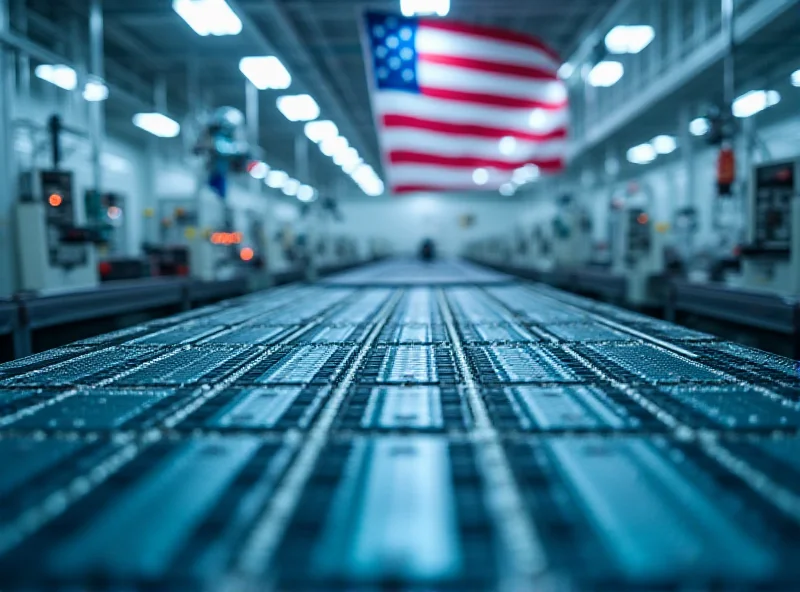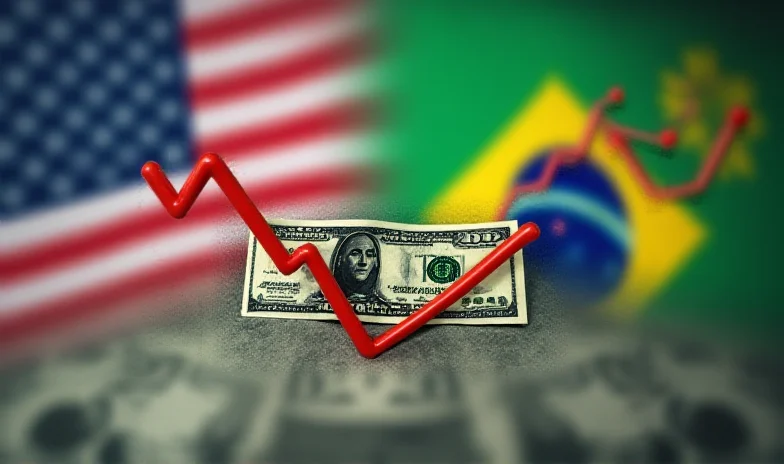President Trump's economic policies continue to send ripples through global markets, impacting currencies and investment decisions. From tariff hikes to manufacturing incentives, the effects are being felt worldwide.
Dollar Decline and Brazilian Boost
The US dollar has seen a significant decline recently, influenced by President Trump's tariff measures. This decline, as reported across various financial outlets, has had a notable impact, particularly in Brazil. The American currency experienced a substantial drop against the Brazilian real, closing one Wednesday down by 2.7% after Brazilian markets reopened following the Carnival holiday.
“The agreement with Mexico and Canada is a halfway step towards the country’s demands,” commented the US Secretary of Commerce, highlighting ongoing efforts to reshape trade relationships. This sentiment, combined with tariff pressures, has contributed to the dollar's weakness.

While the weaker dollar has provided a boost to Brazil, allowing the Ibovespa index to advance, domestic political factors within Brazil have somewhat limited the full extent of the potential gains.
Asian Markets See Reprieve
In contrast to the dollar's struggles, Asian markets have responded positively to a reprieve on auto tariffs. Investors are optimistic that a major fiscal stimulus package will be announced at the upcoming National People's Congress economic policy meeting.
This potential stimulus is fueling hopes for further economic growth in the region. The anticipation of such measures has contributed to the positive sentiment and rising market indices across Asia.
TSMC's Massive US Investment
Adding another layer to the evolving economic landscape, Taiwan Semiconductor Manufacturing Company (TSMC) is planning a massive $100 billion investment in the United States. This investment includes the construction of five new semiconductor production facilities and is projected to create 40,000 construction jobs.

The investment is aimed at supporting the development of artificial intelligence (AI) and smartphones. However, Taiwanese officials are reviewing the move to ensure it aligns with Taiwan's own strategic interests. This investment underscores Trump's ongoing push for increased US manufacturing amid persistent tariff pressures.
The TSMC investment, coupled with the tariff landscape and currency fluctuations, paints a complex picture of the global economic environment shaped by US policy decisions. The coming months will reveal the long-term impact of these shifts.

